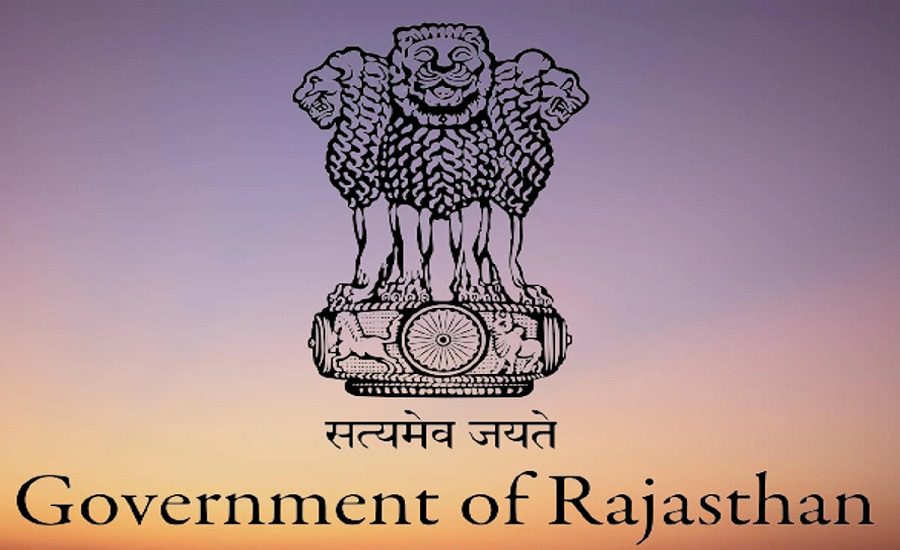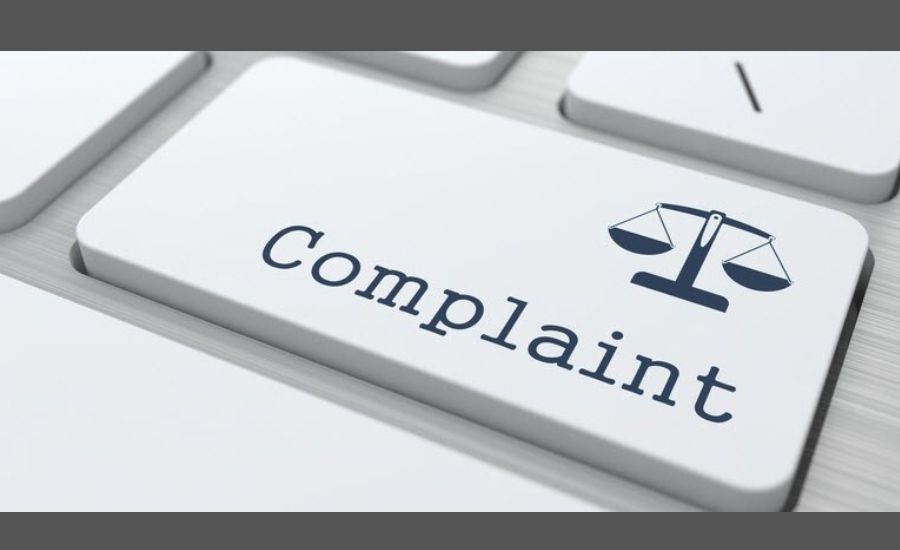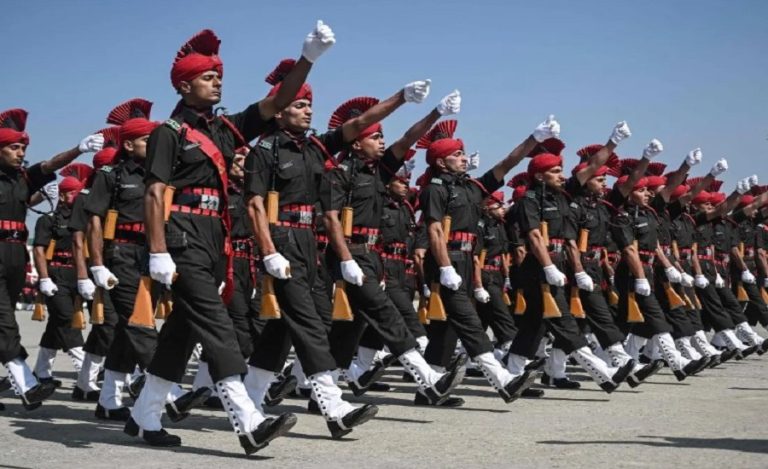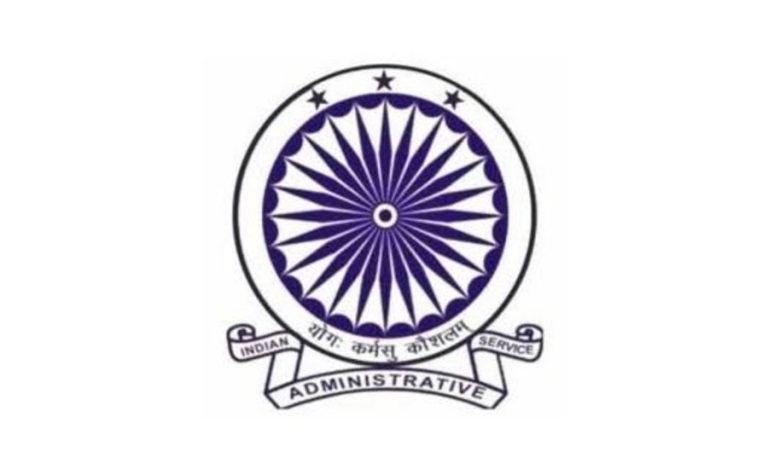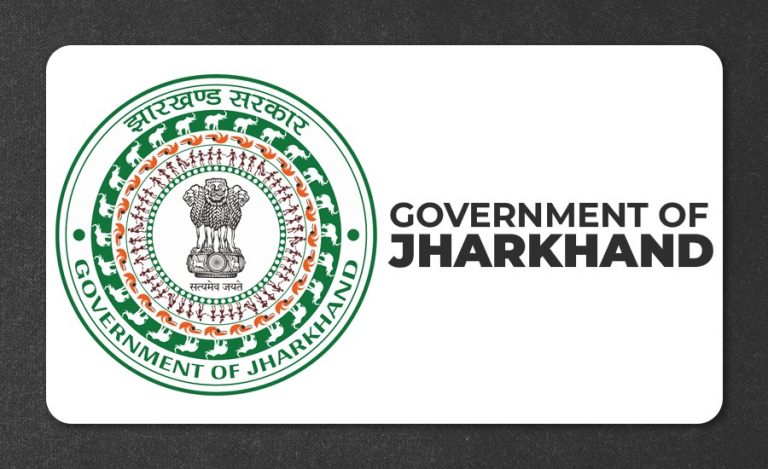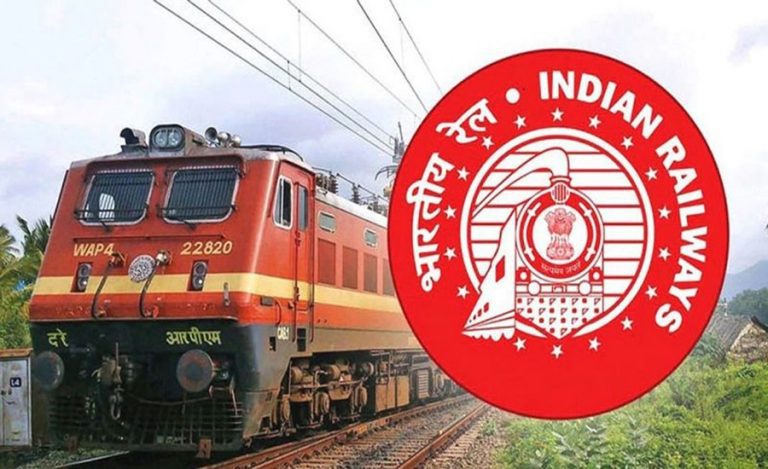Jaipur: The Rajasthan state’s Administrative Reforms Department has submitted a proposal to higher authorities that could soon require government employees, including IAS officers, to mark their attendance via a mobile app. Once implemented, the app will monitor the office entry and exit times of officials, and it will be mandatory for them to remain in the office from 9:30 AM to 6 PM.
The proposal, which is still under review, is part of an effort to increase efficiency and accountability within government offices. According to an official source, the app is being developed by the Department of Information Technology and Communication, in collaboration with the Administrative Reforms Department.
Currently, while some IAS officers mark their attendance, it is not mandatory, and other employees such as RAS officers and Secretariat service staff still mark their attendance manually in registers. This move follows the previous introduction of biometric attendance machines by the Vasundhara Raje government, which are no longer in use due to becoming outdated.
Read Also: Rajasthan Administrative Service Officers Awaiting Promotion to IAS Face Delays
Employee Concerns: The proposed app has sparked concerns from employee unions. Rathore Gajendra Singh, President of the All-Rajasthan State Employees Joint Federation (United), voiced criticism, saying that many employees do not use Android phones, making the app-based system impractical for some. Singh also suggested that if the government is serious about implementing this measure, it should conduct training for employees and provide Android phones to those without access to them.
Prior Administrative Measures: The proposal also aligns with instructions from Rajasthan’s Chief Secretary, Sudhansh Pant, who earlier issued strict directives for employees to work a minimum of 8 hours daily. Pant has also conducted surprise inspections of government offices to ensure that government schemes benefit the public.
The app’s implementation is expected to streamline attendance tracking and reinforce government employees’ work discipline, although it remains to be seen how the concerns of employees are addressed during the rollout process.

